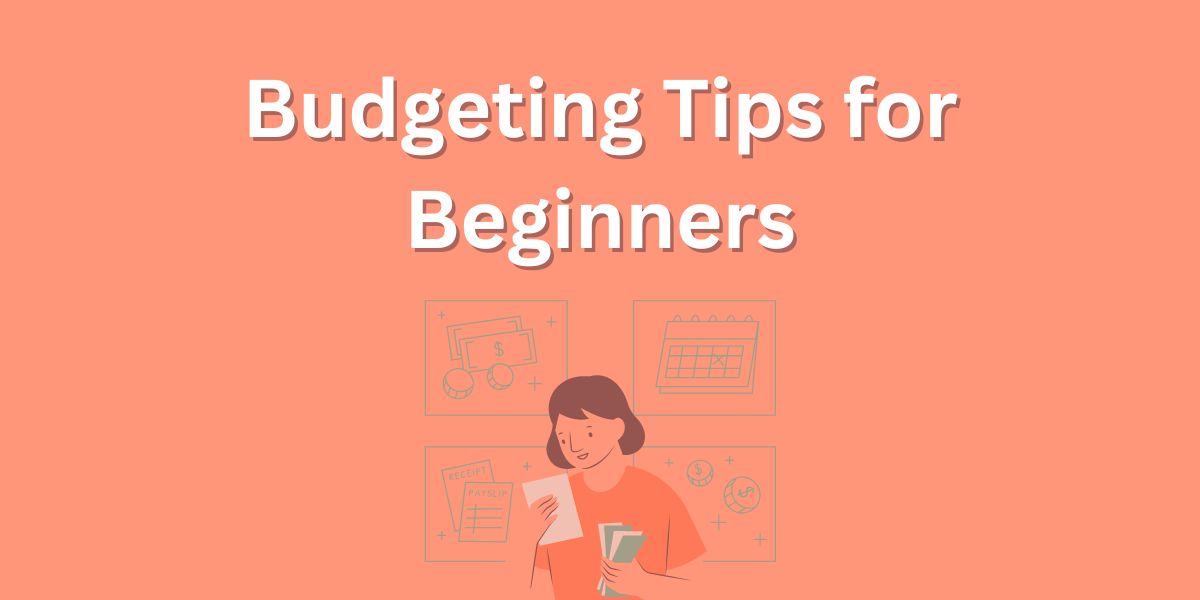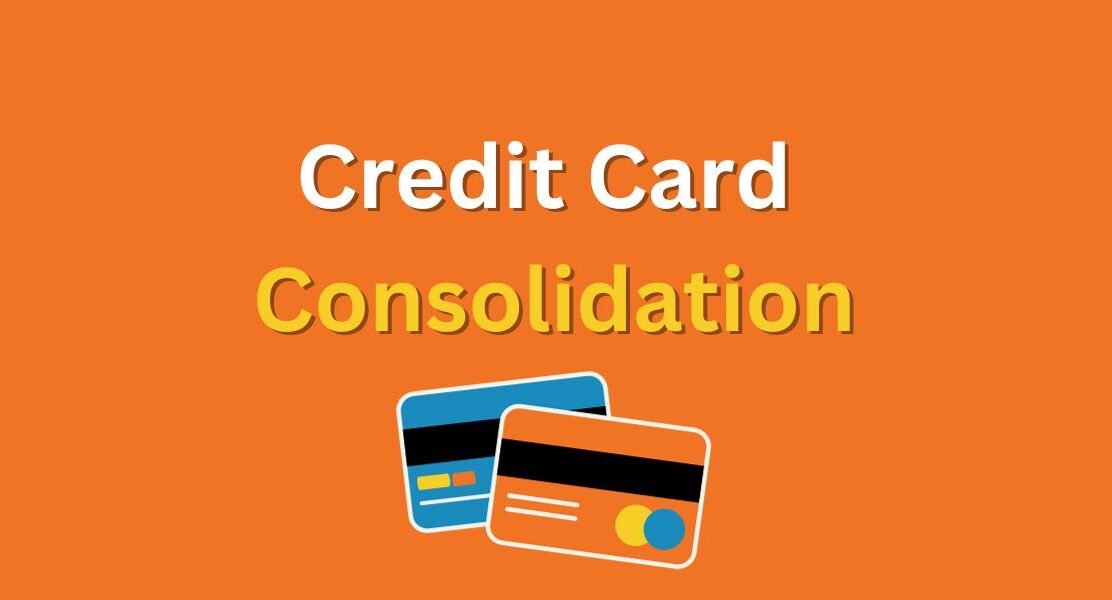Welcome to the world of budgeting! If you’re new to managing your finances and wondering where to start, you’re in the right place. In this article, we’ll explore essential budgeting tips for beginners, helping you pave the way to a financially secure and happy life.
Understanding Your Income
The foundation of any budget lies in understanding your income. Begin by calculating your monthly earnings, including your salary, freelance income, or any other sources. This knowledge forms the basis for effective financial planning.
Categorizing Expenses
Breaking down your expenses into categories provides clarity. Common categories include housing, utilities, groceries, transportation, and entertainment. This helps you see where your money is going and identify areas where you can make adjustments.
Also read: Credit Card Consolidation
Creating a Realistic Budget
Use the information gathered to create a realistic budget. Allocate specific amounts to each expense category, ensuring that your total expenses do not exceed your income. Tools like budgeting apps can be invaluable in this process.
Emergency Fund
Life is unpredictable, and having an emergency fund is crucial. Aim to set aside at least three to six months’ worth of living expenses in a separate savings account. This safety net provides financial security during unexpected circumstances.
Prioritizing Savings
Include savings as a non-negotiable category in your budget. Whether it’s for short-term goals like a vacation or long-term goals like retirement, consistent savings contribute to financial stability and future well-being.
Also read: Insurance Quotes Online
Cutting Unnecessary Expenses
Identify non-essential expenses that can be reduced or eliminated. Small changes, such as brewing coffee at home or cooking meals instead of dining out, can add up to significant savings over time.
Dealing with Debt
If you have outstanding debts, prioritize paying them off. Focus on high-interest debts first and consider negotiating interest rates or consolidating loans to make repayment more manageable.
Regularly Review Your Budget
A budget is not set in stone; it should evolve with your financial situation. Regularly review and adjust your budget as needed. Life changes, and so should your financial plan.
Seek Professional Advice
If you find budgeting challenging or have complex financial goals, consider consulting with a financial advisor. They can provide personalized guidance tailored to your unique circumstances.
Celebrate Milestones
As you achieve financial milestones, take a moment to celebrate your progress. Recognizing your achievements will keep you motivated on your budgeting journey.
Also read: Top 19 Global Car Insurance Companies: Driving Worldwide Coverage
Conclusion
Budgeting is a powerful tool that empowers you to take control of your financial destiny. By following these budgeting tips for beginners, you’re setting the stage for a happier, more financially secure future. Remember, the key is consistency and adaptability – keep learning, keep adjusting, and watch your financial goals become a reality. Happy budgeting!




Have you ever thought about creating an e-book or guest authoring on other sites? I have a blog based on the same ideas you discuss and would really like to have you share some stories/information. I know my visitors would enjoy your work. If you’re even remotely interested, feel free to send me an e mail.
Hey! I’m at work browsing your blog from my new apple iphone! Just wanted to say I love reading your blog and look forward to all your posts! Keep up the superb work!